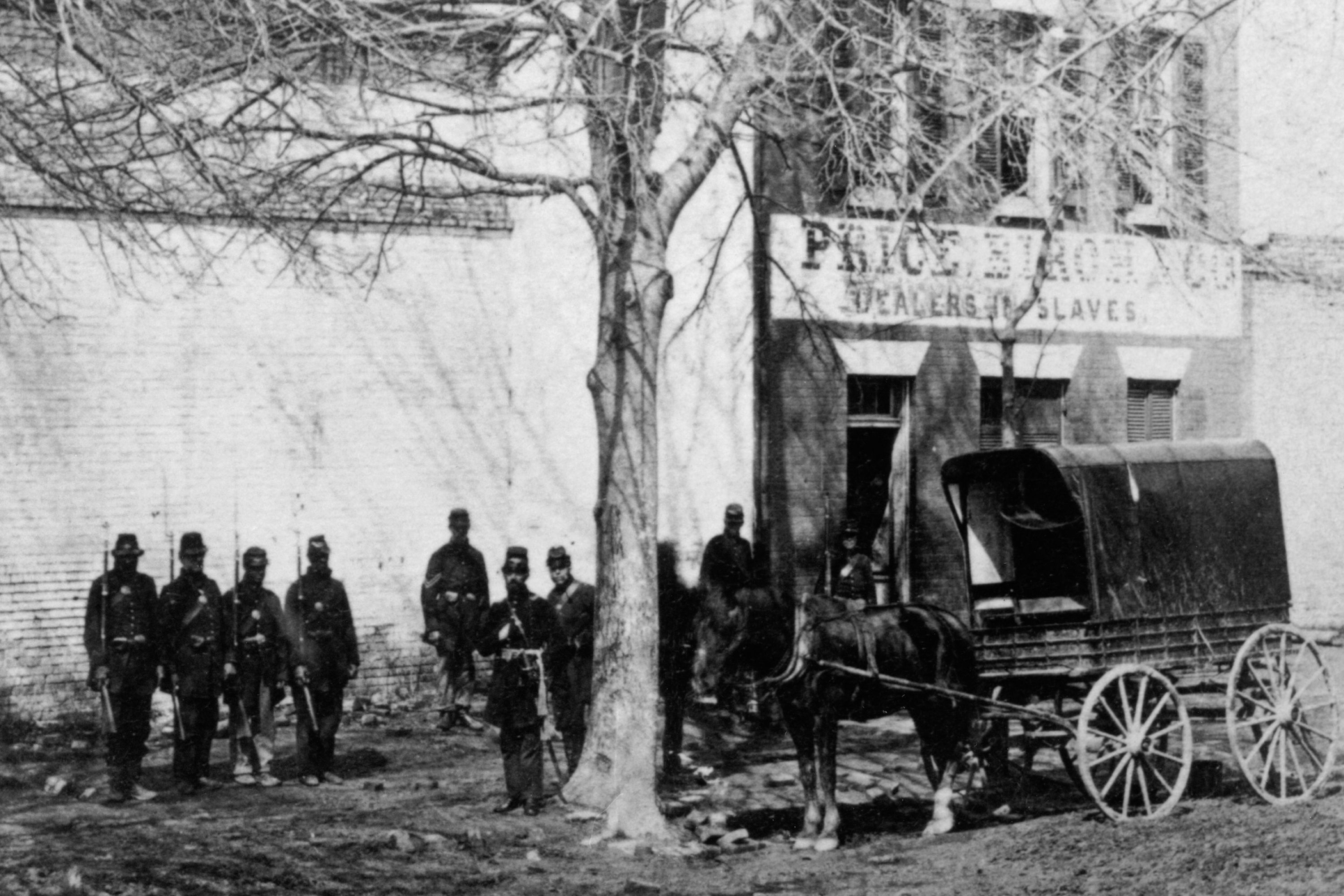Although a widespread slavery reparations program has never been fully implemented in the United States, there is a growing momentum as several states and cities are exploring proposals that aim to benefit descendants of slaves and Black Americans overall.
These proposed initiatives encompass a variety of measures, ranging from direct cash payments to grants, official apologies, and programs with specific eligibility criteria based on race.
Recent updates on reparations proposals have been seen in three states: California, Illinois, and North Carolina.
California
In California, the State’s Legislative Black Caucus has put forth a series of bills featuring policies recommended by the California Reparations Task Force.
While a bill like AB 2862, which aimed to prioritize Black Americans and descendants of slaves in professional license applications, did not gain much traction, other ideas are still on the agenda for California.
Bills like SB 1403 and SB 1331 are currently awaiting committee review and their inaugural hearings.
For instance, Senate Bill 1403 proposes the establishment of a ‘California American Freedmen Affairs Agency’ to assist in implementing recommendations from the Reparations Task Force.
On the other hand, Senate Bill 1331 suggests creating a fund for reparations and restorative justice, potentially financing future state reparations efforts.
Another bill, 1348, has been recommended for approval by the Higher Education Committee and is now under review by the Appropriations Committee. If passed, colleges could be designated as “Black-Serving Institutions” under specific criteria, including a 10% or more Black student enrollment.
Some initiatives are also taking place at the city level, like in Berkeley, California, where officials have proposed financial payments to students based on race.
Illinois and North Carolina
Chicago has also taken steps to establish its own reparations task force, as outlined in an executive order by Mayor Brandon Johnson in June of this year. The order included an apology for historical injustices against Black Chicagoans and the creation of a task force dedicated to pursuing reparations for Black residents.
In Asheville, North Carolina, 39 reparations recommendations were passed, with a six-month extension granted for community engagement before implementation. This extension aims to ensure that the reparations process involves necessary policies and procedures to address longstanding injustices.
Finance expert Kevin Thompson notes that states are increasingly seeking ways to address America’s historical injustices through reparations. While large-scale programs have yet to be implemented, legal and constitutional challenges remain significant obstacles, particularly concerning race-based policies under the 14th Amendment’s Equal Protection Clause.
Thompson emphasizes the complexity of designing a fair reparations program that would withstand legal scrutiny. Issues of federal implementation and the fairness of redistributive methods based on genealogy rather than skin color also pose challenges.
Attorney Andrew Quinio of the Pacific Legal Foundation’s Reparations Task Force points out that the political popularity of reparations, especially in the aftermath of the Black Lives Matter movement, has driven many states and cities to consider such initiatives. However, the diverse nature of the country and the lack of direct historical ties to the events in question raise questions about the feasibility and fairness of these proposals.
